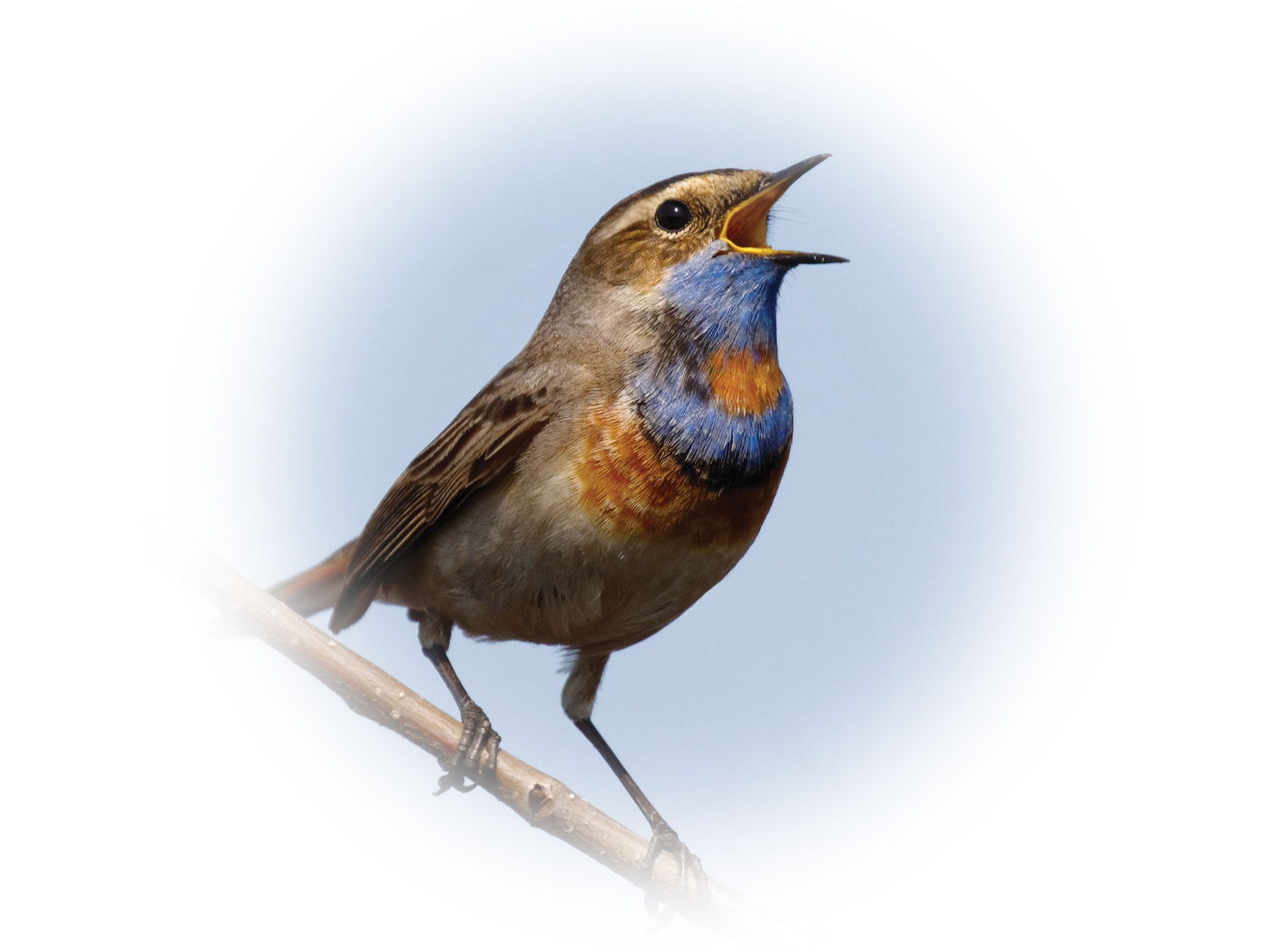"While the earth remaineth, seedtime and harvest, and cold and heat, and summer and winter, and day and night shall not cease." (Genesis 8:22)
We are so accustomed to the regularity of the seasons and the various time-constants of nature (e.g., the length of the day and the year), we rarely stop to think how important all this is. When the sun goes down each evening, we are not disturbed, because we know it will rise the next morning; when winter settles over the hemisphere, we are confident that the spring will return in due time.
But if it were not so, life would soon become extremely difficult. Science and technology, which are based on the assumption that like causes produce like effects, would be impossible. These basic physical constants (the earth's rotation controlling the length of the day, the earth's orbit controlling the year, and the earth's axial inclination controlling the seasons), in turn, control most other physical and biological processes on the earth. Scientists, however, have no explanation as to why these constants are what they are. There is no better answer than that they are gifts of God's grace.
As a matter of fact, this present uniformity of nature dates only from the end of the great Noahic Flood, which marked a tremendous discontinuity in the processes of nature as they had functioned previously. God's promise to Noah of post-Flood continuity, as summarized in the words of our text, has been kept faithfully now for over 4,000 years.
All of God's wonderful creation gives a daily testimony to His faithfulness: "The living God, which made heaven, and earth, and the sea, and all things that are therein: . . . left not himself without witness, in that he did good, and gave us rain from heaven, and fruitful seasons, filling our hearts with food and gladness" (Acts 14:15, 17), and we should thank Him for it! HMM








